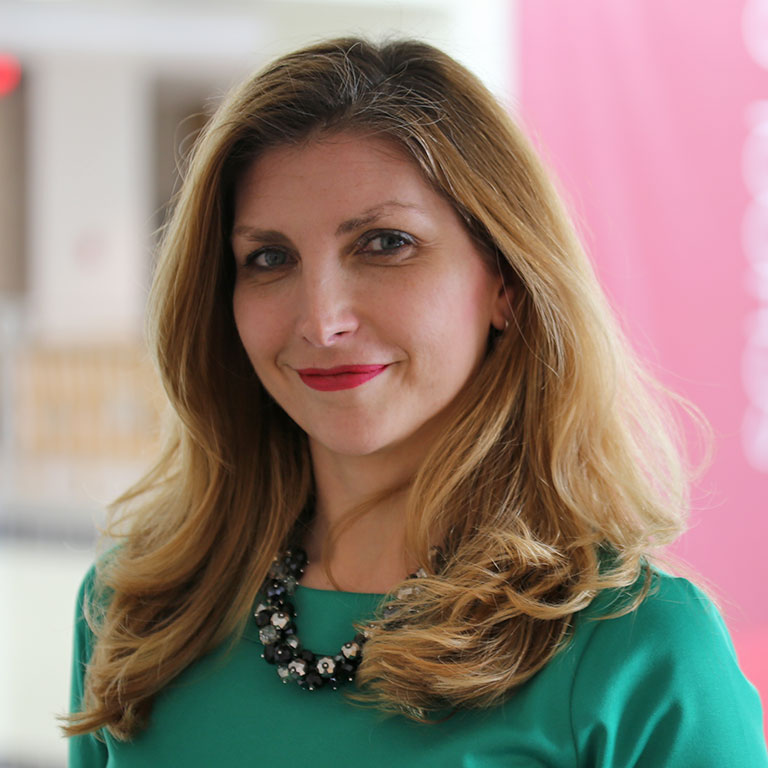Vesna Dimitrieska, Coordinator of Global Education Initiatives at the IU School of Education and Hamilton Lugar School of Global and International Studies, has won the Leo Benardo Award for Innovation in K–12 Language Education from the American Council of Teaching Foreign Languages. The award recognizes significant contributions that reflect innovative instructional practice and programs by individuals who teach or supervise in urban, suburban or rural districts that teach a majority of underserved students.
Dimitrieska said she was exhilarated to find out she had won the award, adding, “Being recognized in a such way by the largest and most renowned entity in world language education, the ACTFL, is a great honor as I join previous years' recipients of the same award who are not only my role models, but have made an indelible impact on the field of world language education.”
In an increasingly globally interdependent world, Dimitrieska has witnessed the power of bilingualism and multilingualism, as well as the reality that many students do not get the opportunity to learn another language. Through her work, she advocates for access to early language learning for all students.
“I truly believe that every student should have access to learning other languages. This should be a basic right, not a privilege to those who wish or can learn another language,” she explained. “I plan to continue to advocate for learning commonly but also less commonly-taught languages, share the benefits of bilingualism, and support schools, educators, parents, and their students in those efforts. I will also continue to collaborate with other in- and out-of-state experts and language education professionals to ensure everyone has access to quality language programs across P-16 education.”
Along with her work at the School of Education and HLS, Dimitrieska also coordinates the Global Classrooms project through the Center for the Study of Global Change. She is also supported by and coordinates initiatives for the African Studies Program, the Center for the Study of the Middle East, the Center for Latin American and Caribbean Studies, the Inner Asian and Uralic National Resource Center, and the Robert F. Byrnes Russian and East European Institute.


